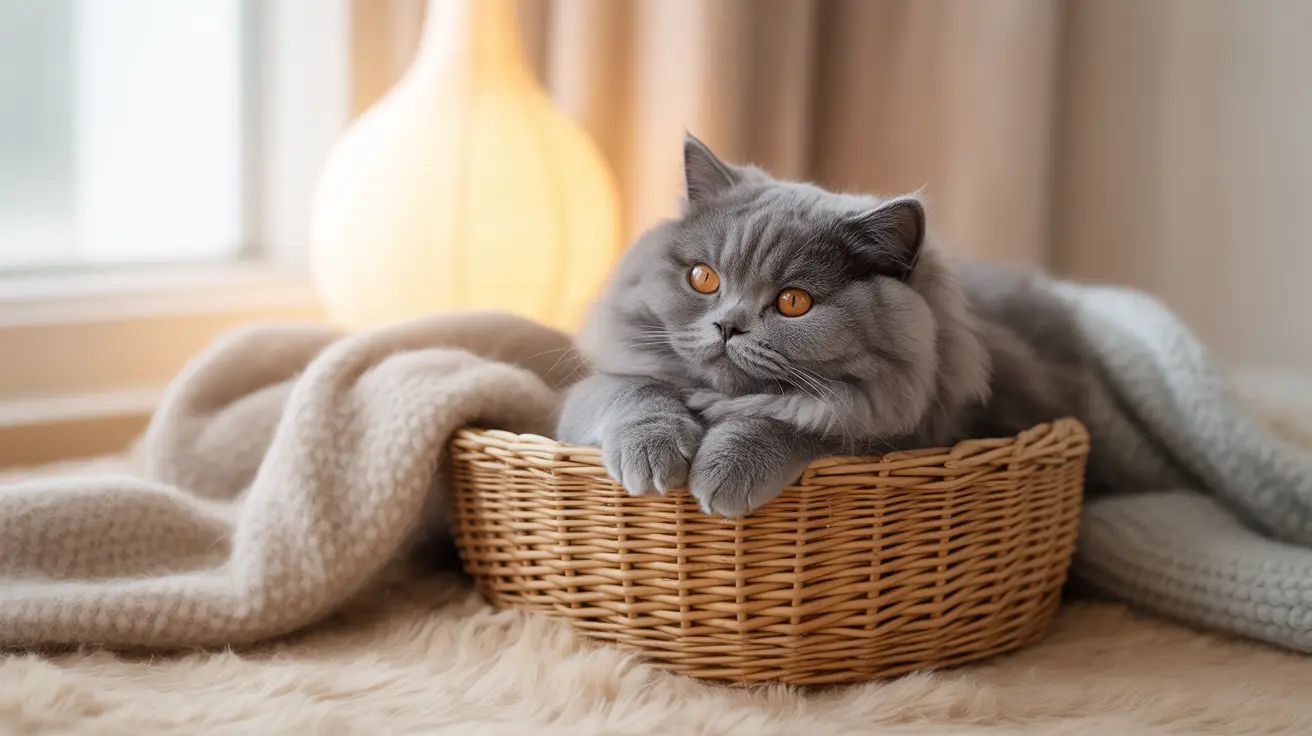If you've ever watched your cat doze off while emitting that familiar, comforting rumble, you might have wondered if cats can truly purr while sleeping. The answer is yes – cats absolutely can and do purr during sleep, and this fascinating behavior tells us much about their physical and emotional well-being.
This soothing sound isn't just a simple sign of contentment; it's a complex biological mechanism that serves multiple purposes, from healing to communication. Let's explore why cats purr in their sleep and what this behavior means for their health and happiness.
The Science Behind Sleep Purring
When cats purr during sleep, they're engaging their laryngeal muscles, creating rapid vibrations in their vocal cords that produce the characteristic purring sound. This happens during both inhalation and exhalation, creating that continuous, rhythmic pattern we all know and love.
The frequency of these purrs typically ranges between 25 and 150 Hertz, a range that scientists have discovered can promote healing and reduce inflammation. This might explain why cats often purr more when they're recovering from illness or injury, even during rest periods.
Sleep Stages and Purring Patterns
Cats typically purr most actively during light sleep stages, particularly in the initial phases of rest. During these periods, they remain somewhat aware of their surroundings while entering a state of relaxation. As they transition into deeper sleep stages, including REM sleep, the purring might become intermittent or stop altogether.
The Connection Between Dreams and Purring
During REM sleep, you might notice your cat twitching, moving their paws, or making small facial movements while still purring. This combination of behaviors often indicates that your cat is dreaming while maintaining that comforting purr response.
Health Benefits of Sleep Purring
The act of purring during sleep isn't just a sign of contentment – it actually provides several health benefits for your cat:
- Accelerated healing of bones and soft tissues
- Natural pain management
- Stress reduction
- Muscle and bone strength maintenance
- Improved respiratory function
When to Be Concerned
While sleep purring is generally positive, there are times when it might signal an issue. Watch for these warning signs:
- Sudden changes in purring patterns
- Purring accompanied by labored breathing
- Unusual vocalizations during sleep
- Signs of discomfort while purring
Frequently Asked Questions
Can cats really purr while they are asleep, and why does this happen?
Yes, cats can purr while sleeping, particularly during light sleep stages. This happens because the neural oscillator in their brain that controls purring can function semi-autonomously, allowing them to purr even when not fully conscious.
What does it mean when my cat purrs during light sleep versus deep sleep stages?
Purring during light sleep typically indicates contentment and relaxation. During deeper sleep stages, purring may decrease or stop entirely as the cat enters REM sleep.
Are there health benefits to cats purring while they sleep?
Yes, purring during sleep can promote healing, reduce inflammation, strengthen bones, and help manage pain. The vibrations created by purring have therapeutic effects on the cat's body.
How can I tell if my cat's purring in sleep is a sign of comfort or a possible health issue?
Normal sleep purring is usually accompanied by relaxed body posture and steady breathing. If you notice changes in purring patterns, labored breathing, or signs of distress, consult a veterinarian.
Why do kittens and mother cats use purring to communicate, and does this continue in adult cats during sleep?
Kittens learn to purr within days of birth to communicate with their mothers. This early bonding behavior often continues into adulthood, with cats purring during sleep as a self-soothing mechanism and sign of contentment.
Conclusion
Sleep purring is a fascinating and complex behavior that serves multiple purposes in your cat's life. From promoting healing to expressing contentment, this nighttime symphony is a healthy and normal part of feline behavior. By understanding why cats purr in their sleep, you can better appreciate this unique aspect of cat ownership and recognize when changes in purring patterns might require veterinary attention.






